-
- USA/Canada 1-800-285-2726
- Australia (02) 8006 4411
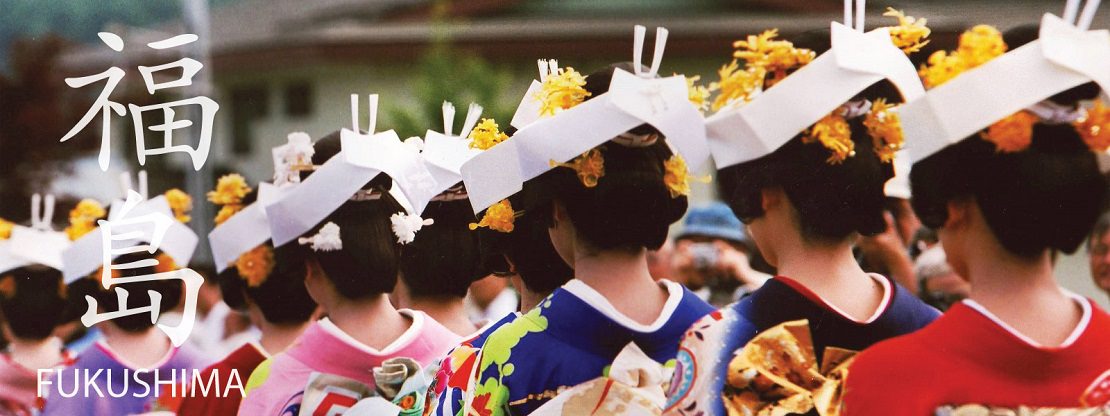
Region: Tohoku
Capital: Fukushima
Population (approx.): 1.992 (2012)
Area: 5,321 sq miles
Area Rank: 3
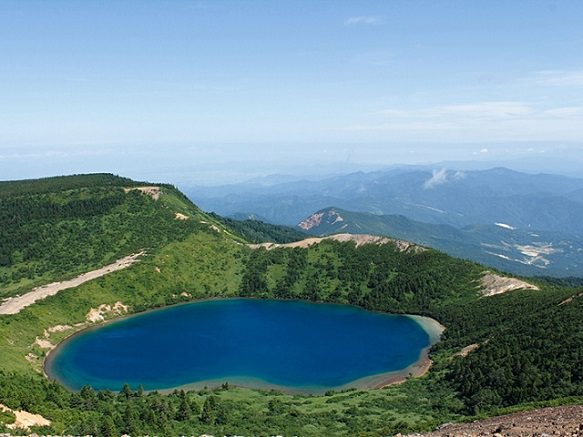
Fukushima Prefecture at 13,782.54 km2 is Japan’s third largest prefecture. With over 130 hot springs, several volcanoes, and beautiful scenery, Fukushima offers ample ways to appreciate its natural beauty. One of these locations is Hanamiyama, a park that started when local farmers planted trees and flowers on the land. Hanamiyama has now become one of the top cherry blossom viewing spots where the Somei Yoshino cherry trees fill the park. The park is especially popular for the Mt. Azuma backdrop you can enjoy during the cherry blossom viewing.
During the March 11, 2011 earthquake that hit Japan, a local nuclear plant was damaged, establishing an evacuation zone. These parts of Fukushima are still closed off for the safety of the public.
A water park themed park and spa resort famous for its hula show
About Aizu's history with sake brewing and the process of making sake
Chrysanthemum Doll Festival in Fukushima
Major Post Station on Aizu-Nishi Kaido
Castle of Battle of Aizu
Japan's Fourth Largest Lake
Unique Colored Lakes
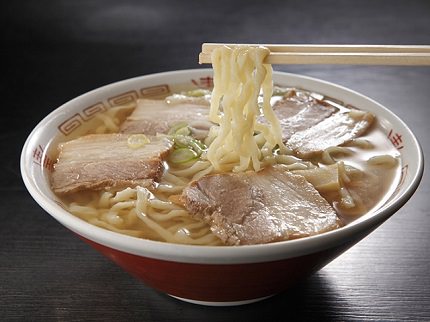
Fukushima is well known for its distinctive ramen, the Kitakata Ramen. Kitakata ramen consists of curly noodles and rich soy sauce-based soup made from pork bones and niboshi (dried sardines). Though the noodles can vary slightly with each ramen shop, the noodles are also generally thicker and flatter than ramen from other regions. Common toppings for Kitakata ramen consist of chashu, scallion, and menma (cooked bamboo shoots). Just in Kitakata City, Fukushima, there are about 120 ramen shops specializing in Kitakata ramen.
Kozuyu is another local dish of Fukushima. Kozuyu is a traditional salt and soy sauce based soup served on special occasions such as New Years consisting of konnyaku noodles, dried scallop, mame-fu, mushrooms, and carrots. When served on special occasions, kozuyu is served in special bowls called Teshio-zara, special red lacquer produced in Aizu, Fukushima.
Kitakata is known for its many storehouses, most excellent sake and also the local ramen; Kitakata ramen.
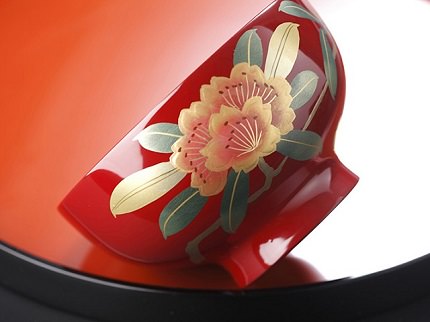
Aizu-nuri lacquer is an important product of the Fukushima Prefecture. Since it was founded in 1590, the town of Aizu has continued its traditions and preserved the techniques in creating these beautiful red lacquer. Production of Aizu-nuri originated when Aizu's feudal lord encouraged the production of lacquer. In later years, Aizu-nuri started to feature Kyoto's gold decorations which led to further success. The entire process of creating the beautiful Aizu laxquer from growing the trees for the materials to painting and polishing the lacquer is done in the town of Aizu. Today, tableware, utensils, tea utensils, vases, and writing materials are just a few among the many Aizu-nuri lacquer-ware that has flourished, gaining popularity nationwide. Aizu-nuri was designated as a traditional craft of Fukushima in 1975. To preserve the Aizu-nuri techniques and tradition, the Aizu Lacquerware Cooperative Union created a program in which younger generations can participate in and get trained in mastering the production of Aizu-nuri. The program was approved Ministry of Health, Labour and Welfare in 2003, producing high hopes of the continuation of the beautiful Aizu-nuri production.
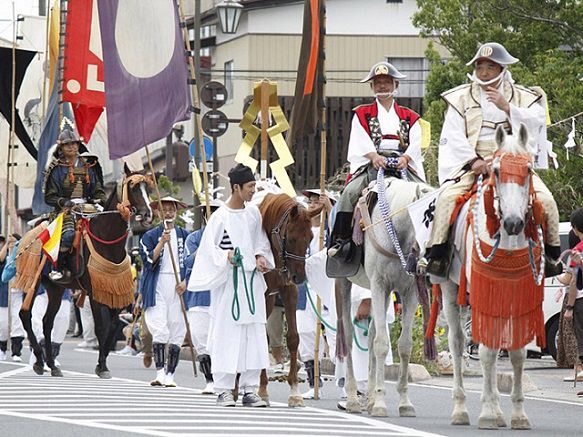
Soma Nomaoi is a 3-day festival in Soma District of Fukushima with over 1,000 years of history. The festival is held by Nakamura Shrine, Ota Shrine, and Odaka Shrine and gathers more than 500 horses to reenact an ancient cavalry action. Several events during the Soma Nomaoi are very popular and worth watching. In Koshiki Kacchu Keiba, twelve men dressed in armor carrying katana swords race on the horses for over a distance of 3,000 feet. In Shinki Sodatsusen, several hundred men compete for the shrine flags that are shot up in the air by fireworks. Soma Nomaoi Festival also includes processions in which war drums and conch shells signal the men to the different venues. The march of the samurai horsemen will make you feel as though you are witnessing a scene of a battle from over 1,000 years ago.
Fukushima Waraji Matsuri (Straw Sandal Festival) is a two day festival held early August
Cherry blossoms can be enjoyed over a longer period in Fukushima